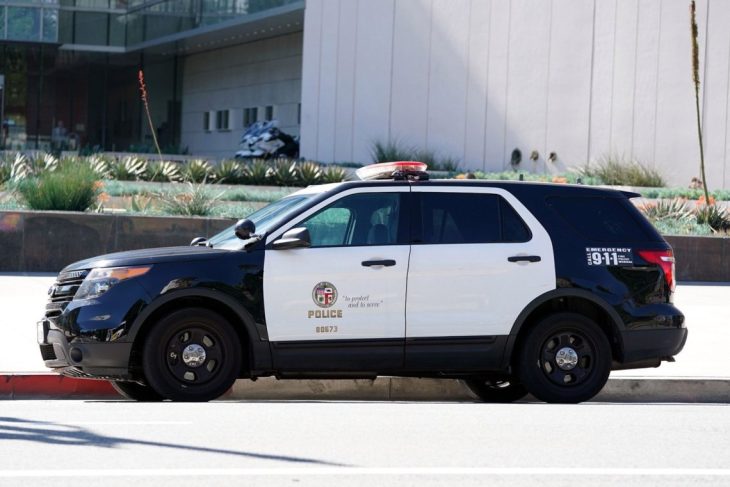Larger hotels in Los Angeles already pay more on average than the $15.37 minimum wage being proposed for hotel workers by city officials, economists said in a draft report submitted to the city on Monday.
A final report prepared by Beacon Economics will be considered during the Los Angeles City Council’s Economic Development Committee meeting Tuesday, along with a draft ordinance to raise the hotel worker minimum wage to $15.37
an hour.
The proposal would affect about 13,000 workers at hotels with more than 125 rooms, the Beacon report said.
These larger hotels “actually pay employees an average wage that is above the living wage laid out in this proposal,” according to Beacon.
The draft ordinance calls for the $15.37 wage to go into effect July 1, 2015 for hotels with at least 300 rooms. Hotels with 125 or more rooms would have until July 1, 2016 to raise their minimum wage to $15.37, under the proposed language.
Unionized hotels in many cases would be exempt from the wage hike, due to workers already agreeing to a bargained contract.
The ordinance would affect 40 hotels of more than 125 rooms that pay an average wage of $37,146 a year, based on 2013 state Employment Development Department figures, the report said, while the 277 smaller hotels, with fewer than 125 rooms, pay an average annual wage of $27,262.
The report also noted there are other ways for hotel workers to increase their pay. Those who “earn the least in the (hotel) industry tend to be part-time, young or work for smaller hotels,” the report said.
“As such, they can improve their incomes by simply working for larger hotels, working full time or gaining experience,” the report said, and “earning a living wage can be obtained simply through efforts on the part of the workers in question.”
Beacon economists noted those employed at hotels within Los Angeles make up 40 percent of all hotel workers in Los Angeles County, which “indicates that there is an active hotel industry outside the city that actively competes for visitors.”
Beacon’s report also found a similar wage increase instituted in 2008 for workers at hotels near Los Angeles International Airport resulted in 5 percent higher wages but 7 percent less in job growth.
“As such, the total worker pay in the LAX area has actually declined relative to the rest of the county,” the report said. “To be fair, this cannot be exclusively linked to the LAX hotel minimum wage ordinance, but certainly some of the blame can be laid there.”
The “positive” side of the LAX hotel wage increase led to workers spending more and a decreasing reliance on government welfare spending. The negative side of the hike was that it lessened hotel profit margins, increased costs to consumers and “decreased employment.”
The report also goes on to discuss elements of other minimum wage increases Los Angeles could consider adopting. It looked at the 2012 Long Beach minimum wage increase for hotel workers, the San Francisco ballot measure to raise the minimum wage for all industries and Seattle’s recently adopted $15 minimum wage.
Beacon Economics was chosen by both business and labor leaders to conduct the study. Each side also submitted studies by economists of their own choosing.
The report submitted by PKF Consulting, the economist chosen by the Los Angeles Area Chamber of Commerce, concluded the wage increases at LAX-adjacent airports resulted in job loss and could lead to more if expanded to additional hotels.
The report by the Economic Roundtable, which was chosen by the Los Angeles County Federation of Labor, determined there was “no evidence that wage increases had an adverse effect on the viability of hotels,” adding that they “found no indication that employment at the hotels in the zone had decreased.”

























